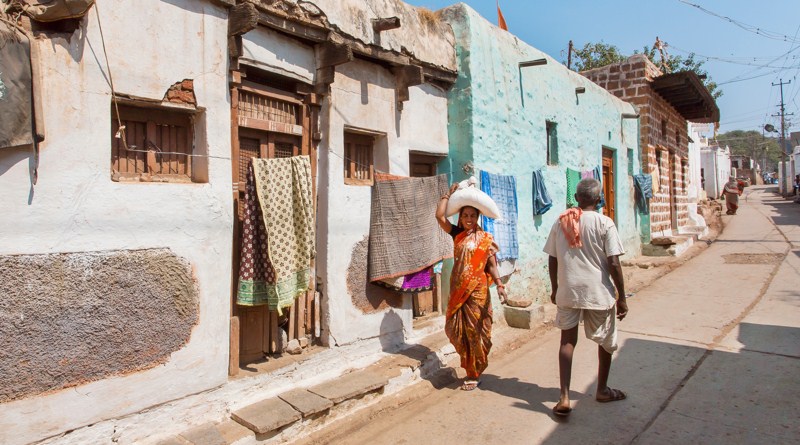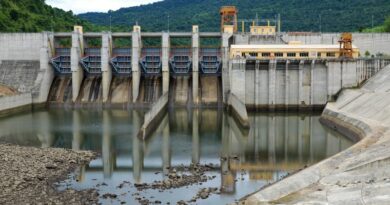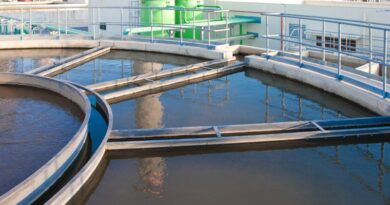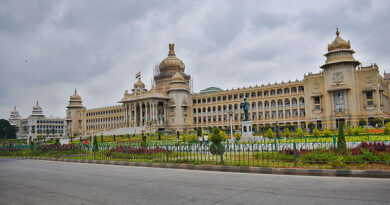Piramal Sarvajal, CWAS launch composite water vulnerability index tool for slums

Piramal Sarvajal, the safe drinking water initiative of Piramal Foundation, has launched a tool to measure the vulnerability of Indian slums in the absence of water supply facilities along with Ahmadabad-based Center for Water and Sanitation (CWAS) and CEPT University.
The Composite Water Vulnerability Index (CWVI) is designed to rank slums on various parameters such as availability, accessibility, reliability, quality and burden of disease. The CWVI is epected to help in defining and identifying highly vulnerable communities and their specific areas of challenge related to water supply.
This will further help governing bodies to take a more robust approach to resolve the current problem of provision of reliable and safe drinking water to beyond-the-pipe communities in urban areas.
The CWVI was designed by Piramal Sarvajal in partnership with CWAS and demonstrated through a pilot study in 23 slums of Nagpur in Maharashtra in alliance with the Nagpur Municipal Corporation (NMC). The tool may be replicated in 10 smart cities in Maharashtra and then scaled-up and administered across various smart cities in India.
“Over the past years, India has made great strides in providing access to improved water sources. To truly achieve our SDG targets, it is imperative for us to focus on ensuring safely managed water and strengthen water security, especially for the urban under-served communities. At Piramal Foundation, we collaborate with like-minded partners as we remain committed in our endeavor to provide access to safe and affordable drinking water for all”, said Piramal Group Vice-Chairperson and Piramal Foundation Director Dr Swati Piramal.
During a recent webinar on ‘Sustainable water security for urban under-served’, CWAS Director Dr Meera Mehta reiterated that access to safe and affordable water is a key to ensure achieving SDG-6: Clean water & sanitation for all.
She said that SDG 6.1 also focuses on the universal, equitable and affordable access and emphasized the need to ensure good quality water for the poor, as well as in schools and health facilities. Also, role of women and self-help groups in these activities needs to be underlined, Mehta added.



